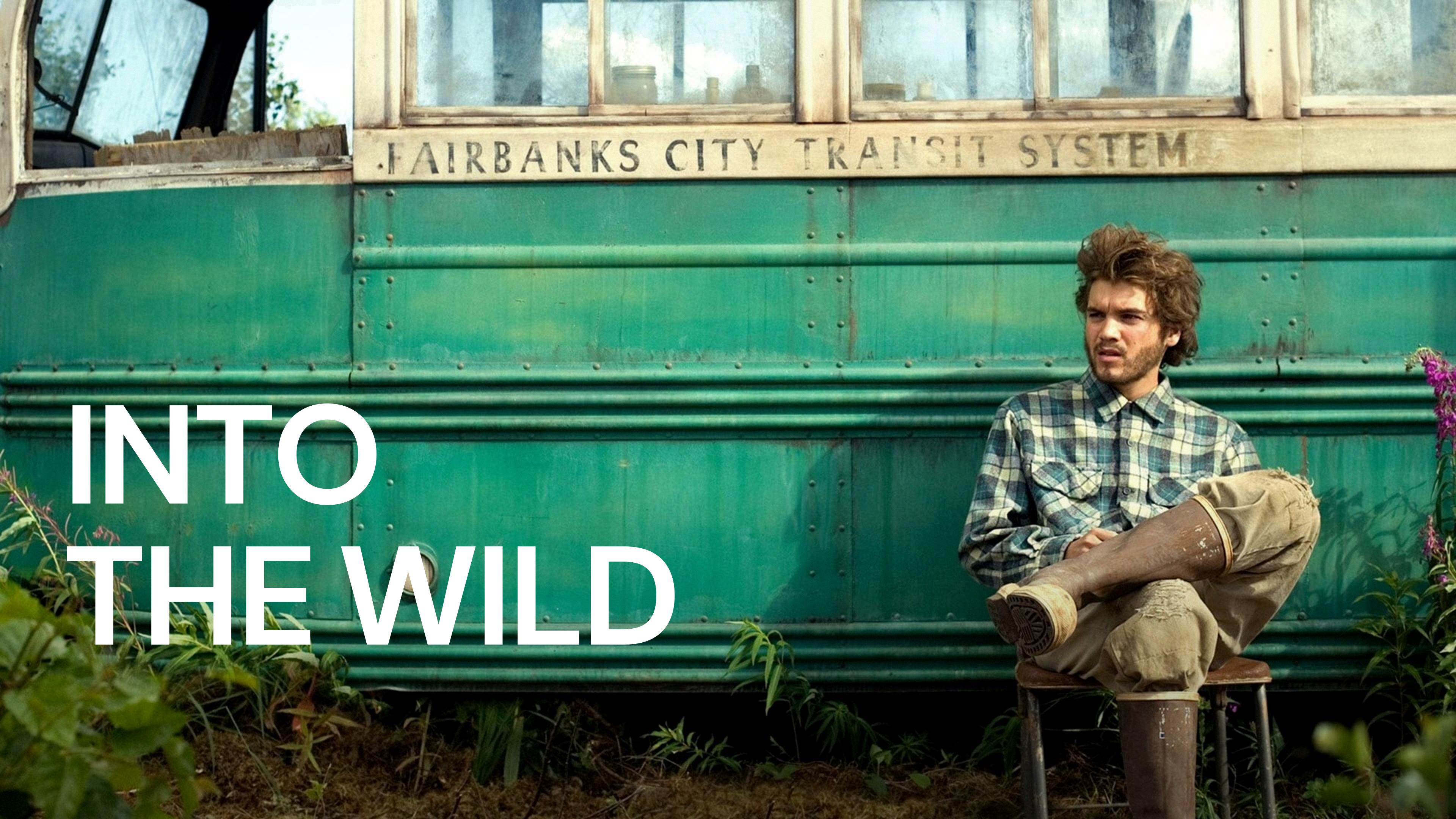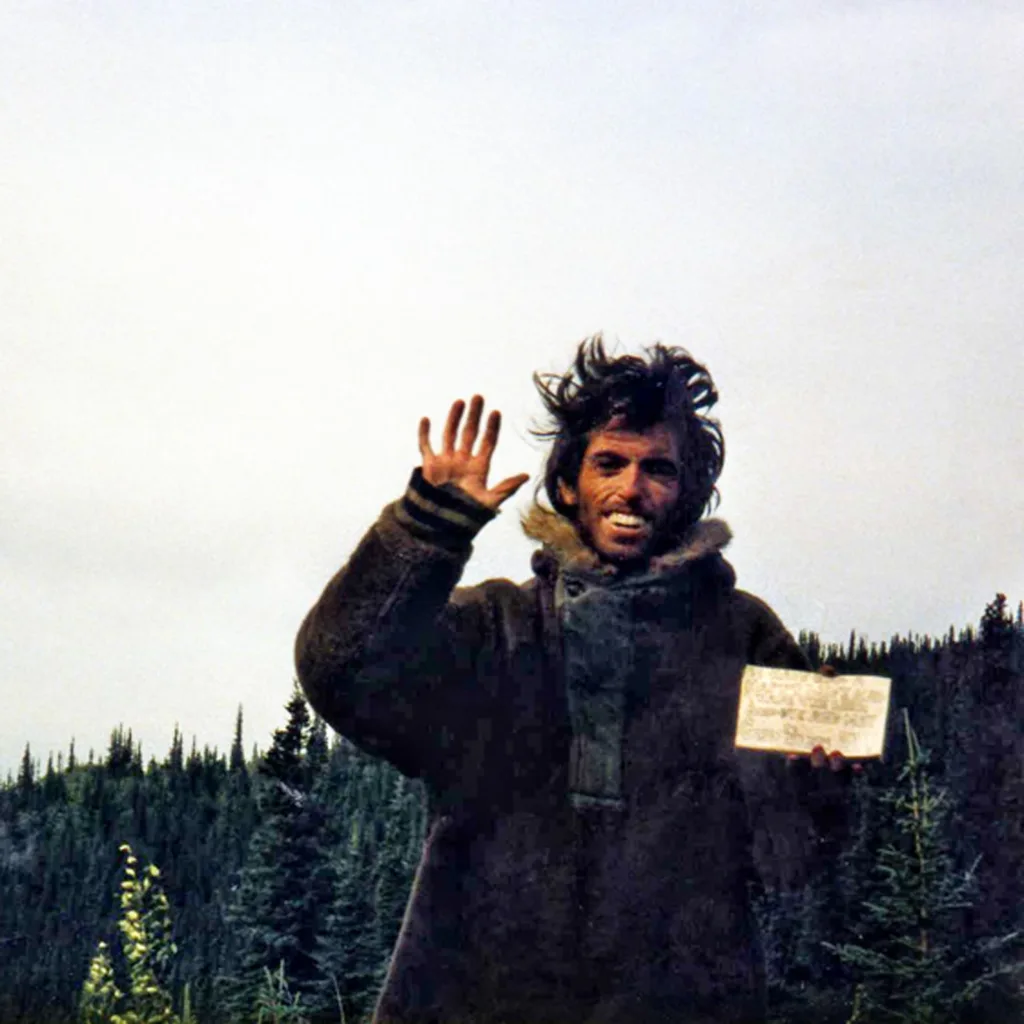Into the Wild is a 1996 non-fiction book written by Jon Krakauer. It tells the story of Christopher Johnson McCandless, a young man who left his affluent family and college education behind to live a life of adventure and self-discovery. After graduating from Emory University in 1990, McCandless embarked on a journey that took him from the American Southwest to the Alaskan wilderness, where he ultimately died from starvation.
Krakauer’s book, whih was later adapted into a film directed by Sean Penn, has garnered significant attention for its exploration of McCandless’s life and death. The story has resonated with many readers and viewers, inspiring a sense of wanderlust and a desire to break free from the constraints of modern society.
However, the story of Into the Wild is not without controversy. Some have criticized McCandless’s decision to abandon his family and education, arguing that his actions were selfish and irresponsible. Others have questioned Krakauer’s portrayal of McCandless, suggesting that the author may have romanticized the young man’s life and death.
Despite these criticisms, Into the Wild remains an important and influential work of literature. It raises important questions about the nature of freedom and self-discovery, and it challenges readers to consider what it means to live a meaningful life.
The Wild Truth, written by McCandless’s sister Carine, provides a unique perspective on the story. The book details Carine’s own struggles with her family and her attempts to come to terms with her brother’s death. It also sheds light on some of the factors that may have contributed to McCandless’s decision to leave his family and embark on his journey.
The story of Into the Wild and its true-life counterpart are complex and thought-provoking. They offer a glimpse into the human desire for adventure and self-discovery, as well as the potential risks and consequences of pursuing these goals.
Are the Stories in Into the Wild Accurate?
The book Into the Wild by Jon Krakauer is a non-fiction account of the life and death of Christopher McCandless. Krakauer extensively researched the story, conducting interviews with people who knew McCandless and retracing his steps on his journey to Alaska.
While there has been some controversy surrounding the accuracy of certain details in the book, Krakauer stands by the majority of his reporting. In fact, he has written several articles defending his work and refuting claims of inaccuracies.
One aspect of the story that has come under scrutiny is the cause of McCandless’s death. Krakauer originally reported that he died of starvation, but later evidence suggested that he may have accidentally poisoned himslf by eating the wrong plant. However, this does not negate the authenticity of the rest of the book.
Furthermore, Krakauer’s book is not the only source of information about McCandless’s life. His sister, Carine McCandless, wrote her own memoir, The Wild Truth, which provides additional insights into their family background and Christopher’s motivations for embarking on his journey.
While there may be some discrepancies in the reporting of certain details, the overall story of Christopher McCandless’s life and death as presented in Into the Wild and The Wild Truth is based on extensive research and is largely considered to be true.

Source: mubi.com
The True Story Behind Into the Wild
Into the Wild is a biographical drama film released in 2007. The movie is based on the non-fiction book of the same name by Jon Krakauer. The film tells the story of Christopher Johnson McCandless, a young man who, after graduating from Emory University, decides to abandon his privileged life and seek adventure in the wilderness.
Christopher, who goes by the name “Alexander Supertramp,” embarks on a journey to Alaska, where he plans to live off the land and escape the trappings of modern society. Along the way, he meets vaious people who help him on his journey, including a hippie couple, a lonely old man, and a young woman who falls in love with him.
However, Christopher’s journey is fraught with danger and challenges. He faces hunger, harsh weather conditions, and encounters with wild animals. Despite these obstacles, Christopher remains determined to complete his journey.
The true story behind Into the Wild is both tragic and inspirational. Christopher’s journey ultimately ends in his death, as he becomes trapped in the Alaskan wilderness and succumbs to starvation. However, his story has inspired many people to seek adventure and live life on their own terms.
The film has been praised for its stunning cinematography, powerful performances, and thought-provoking themes. It raises important questions about the value of self-discovery, the dangers of idealism, and the importance of human connection.
Into the Wild is a compelling film that tells the true story of Christopher McCandless, a young man who sought adventure and meaning in the wilderness. Despite its tragic ending, the film has inspired many people to embrace a spirit of adventure and live life on their own terms.
The Tragic Death of Chris McCandless
Christopher McCandless, also kown as Alexander Supertramp, was a young man who ventured into the Alaskan wilderness in April 1992. He was a graduate of Emory University and had a promising future ahead of him, but he decided to leave his old life behind and embark on a journey of self-discovery.
McCandless had always been fascinated by the idea of living off the land and surviving on his own in the wilderness. He believed that modern society was corrupt and that true happiness could only be found in nature.
However, McCandless was ill-prepared for the harsh realities of life in the Alaskan wilderness. He lacked the proper equipment, food, and experience needed to survive in such a harsh environment. He also made the mistake of relying on wild plants and animals for sustenance, many of which were poisonous or dangerous to eat.
As a result, McCandless quickly began to suffer from malnutrition and starvation. He lost a significant amount of weight and became weak and frail. Despite his best efforts to survive, he ultimately succumbed to starvation and died in mid-August of 1992.
McCandless’ body was discovered by hunters on September 6, 1992. At the time of his death, he weighed only 67 pounds (30.4 kg). The cause of death was officially reported as starvation.
It is worth noting that McCandless’ story has sparked a great deal of controversy and debate. Some people view him as a hero and an inspiration, while others criticize his reckless behavior and disregard for his own safety.
Regardless of one’s opinion of McCandless, his story serves as a cautionary tale about the dangers of venturing into the wilderness unprepared. It is important to respect nature and to take the necessary precautions when embarking on any outdoor adventure.
Length of Chris McCandless’ Survival in the Wild
Christopher McCandless survived in the wild for a total of 113 days. He ventured into the Alaskan wilderness in April 1992, and his remains were discovered by hunters in August of the same year. During his time in the wild, McCandless lived off the land, primarily consuming squirrels, birds, roots, and seeds. The cause of his death, as determined by Alaska state coroners, was starvation. Despite his tragic end, McCandless’ story has continued to captivate and inspire people around the world, with many drawn to his message of self-discovery and the pursuit of a simpler, more meaningful life.

Conclusion
Into the Wild is a powerful and thought-provoking story about the search for freedom, meaning, and purpose. Christopher McCandless’s journey into the Alaskan wilderness is a cautionary tale about the dangers of idealism, self-reliance, and isolation. At the same time, it is a testament to the beauty, resilience, and mystery of nature. The book and the movie adaptation have inspired many to reflect on their own lives, values, and choices. They have also sparked debates about the ethics of adventure, the limits of individualism, and the role of society in shaping human destiny. Whether one sees McCandless as a hero, a fool, or somthing in between, his story raises important questions about the human condition and the meaning of life.
